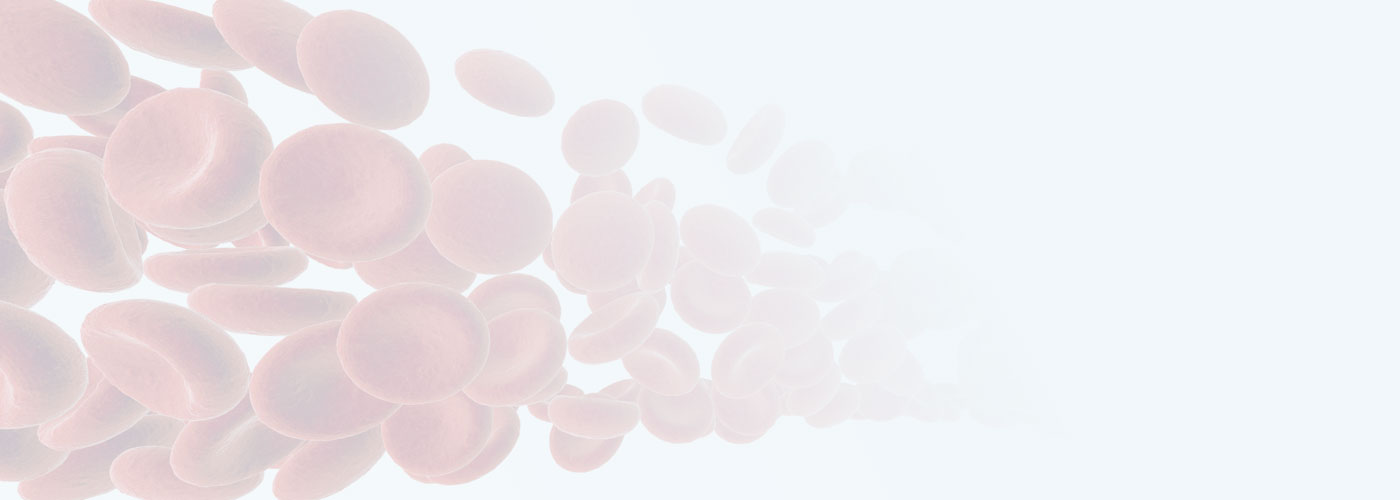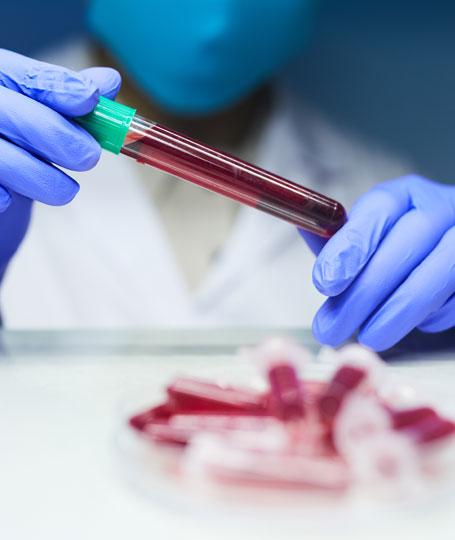
What is hematology?
Hematology is the medical specialty that studies blood, hematopoietic organs (bone marrow, lymph nodes and spleen being the main ones) and their most common diseases:
- Polyglobulism (excess red blood cells);
- Anemia (lack of red blood cells);
- Leukemia (excess of white blood cells). Depending on the cells affected, a distinction is made between chronic lymphoid leukemia, chronic myeloid leukemia, acute lymphoblastic leukemia and acute myeloblastic leukemia;
- Leukopenia (white blood cell deficiency);
- Hyperplaquettosis (excess platelets);
- Thrombocytopenia (platelet deficiency);
- Hemophilia (a clotting difficulty);

Hematology Hematology Tunisia: role of the specialist
A Tunisian hematologist deals with the treatment of blood diseases. These diseases include leukemia and lymphoma (which are cancers), hematologists have a wealth of knowledge in oncology. The expert asks the patient to better understand his or her symptoms, conducts a rigorous examination, and asks the patient to perform tests and analyses to complete the diagnosis. Based on these analyses, the hematologist can set up a heavy therapy, such as chemotherapy or radiotherapy, and even propose a bone marrow transplant.
Hematology consultation: are there any risks?
Consulting a hematologist does not entail any particular risk for the patient. On the other hand, cancer treatment (chemotherapy or radiotherapy) is aggressive and has many side effects. Their management is part of the role of hematologists.



